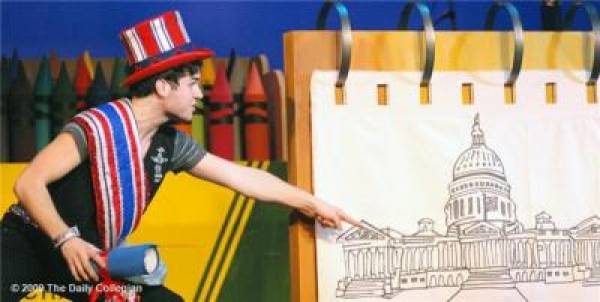What’s Next for the Online Gambling Bill HR 2267? It’s Complicated

There has been so much discussion about passage of the online gambling bill HR 2267 in a House Subcommittee this past Wednesday, but not a whole lot about what comes next. There is a simple reason for this: It’s a complicated process and one that requires strategic time management.
Consider this: Prior to the passage of the Unlawful Internet Gaming Enforcement Act (UIGEA) in October 2006, it took nearly 10 years for that bill’s co-author Jon Kyl to finally ram his online gambling prohibition through the Senate. Gambling911.com followed Kyl every year since 2000 and each time we essentially heard the same thing we are hearing with HR 2267: It has a chance. In the end, Kyl just couldn’t get past the finish line…that is until 2006.
Just like then, HR 2267 author Barney Frank will require the assistance of Senate Leader Harry Reid. In October 2006, it was Senate Leader Bill Frist who got the deed done for Kyl. Neither Frist nor Reid seem to care much about the issue, though Reid represents Nevada, a state that has heavy backing for the bill courtesy of Las Vegas.
The Europeans want in badly, and who can blame them. But it is obvious reading some of the press in places like Great Britain that most of the folks there don’t understand the process. Again, it is complicated.
Bill Ordine of the Philadelphia Inquirer does an excellent job of taking us step by step through the process.
Online gambling interests who are following this issue closely may want to print this piece out. It’s a “must have” for reference.
According to sources close to the efforts to regulate online gaming, the next likely step is markup and a vote in another House committee of a related bill that sets up a subsequent key element - how Internet gambling will be taxed.
Internet gambling proponents, including Rep. Jim McDermott (D., Wash.), who sponsored the Internet gambling tax bill, cite government studies that project that a regulated Internet gambling industry would raise as much as $42 billion in tax revenues over the first 10 years. That assumes that no states opt out of Internet gambling, but even if the figure is an optimal projection, it's clear there's a lot of money at stake.
With both bills in place, the full House would need to pass a comprehensive Internet gambling package and then the U.S. Senate gets its crack at the issue, where New Jersey Democrat Robert Menendez has authored a bill that addresses Internet gambling, focusing on games of skill.
But here is where all this gets tricky: The issue is time.
The House is about to recess for August and comes back for a short session in September, so the Internet tax bill wouldn't even get acted on until then, with the November election looming.
Even if the full House passes the so-called Frank bill, there is still an issue of reconciling that bill (which includes not only online poker but also casino games such as slots and blackjack) with the Senate bill (which looks to green-light games of skill, generally interpreted to mean poker).
So what's the bottom line?
At least one scenario revolves around a so-called lame-duck strategy in which Congress, after the elections, cobbles together Internet gambling legislation that regulates and taxes the industry, with Nevada Democrat Sen. Harry Reid steering the effort.
If nothing is done by the end of the current Congress, it's back to square one with a reshuffled congressional deck. Then, despite the progress that Internet gambling advocates have made so far, all bets are off.
Christopher Costigan, Gambling911.com Publisher














